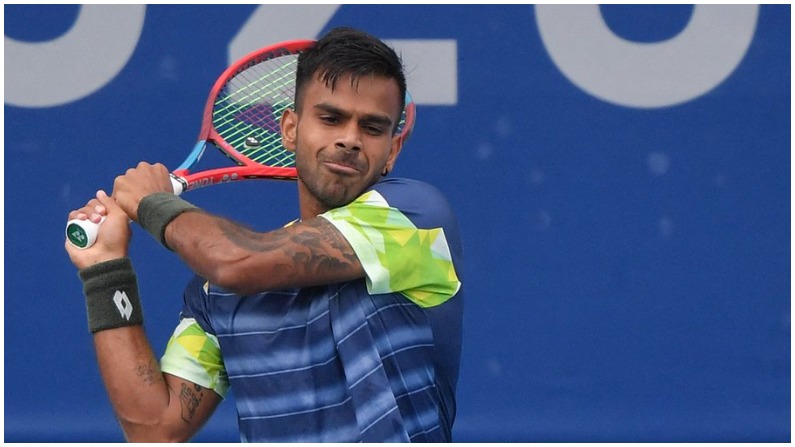Indian tennis players Sumit Nagal and Sasi Mukund have reportedly declined to travel to Pakistan for the Davis Cup. This decision comes amidst heightened tensions between the two neighboring countries. The players’ refusal is believed to be a response to the geopolitical situation and concerns about safety.
The Davis Cup is a prestigious international team competition in tennis, and players representing their countries often face challenging decisions when it comes to participating in matches held in regions with security uncertainties. The latest development highlights the broader impact of political tensions on the world of sports.
Sumit Nagal, known for his impressive performances on the court, has been a rising star in Indian tennis. His decision not to travel to Pakistan is likely to draw attention and spark discussions about the delicate balance athletes must strike between pursuing their careers and prioritizing their safety.

Source:+
Similarly, Sasi Mukund, another prominent name in Indian tennis, has chosen to abstain from the Davis Cup event in Pakistan. This move reflects the careful consideration that athletes must undertake when evaluating the risks associated with international competitions, especially in regions with political instability.
The diplomatic strain between India and Pakistan has long spilled over into various facets of life, including sports. Tennis, being a global sport that brings players from diverse backgrounds together, occasionally finds itself entangled in geopolitical issues. The decisions of Nagal and Mukund underscore the challenges faced by athletes navigating these complexities.
While the players’ decisions are a testament to their prioritization of personal safety, it also raises questions about the future of international sporting events involving countries with strained relations. The impact of such decisions extends beyond the individual players, affecting the overall dynamics of competitions and potentially influencing the perception of sports as a unifying force.
As the tennis community observes these developments, it remains to be seen how governing bodies and organizers will address the geopolitical intricacies that occasionally intersect with the sporting world. The incident involving Nagal and Mukund adds to the ongoing discourse about the role of sports in diplomacy and the challenges faced by athletes in navigating politically sensitive situations.
In conclusion, the refusal of Sumit Nagal and Sasi Mukund to travel to Pakistan for the Davis Cup sheds light on the complex interplay between sports and geopolitics. Their decisions amplify the broader conversation about the responsibilities and dilemmas faced by athletes when geopolitical tensions impact international competitions.
Share your views in the comments

